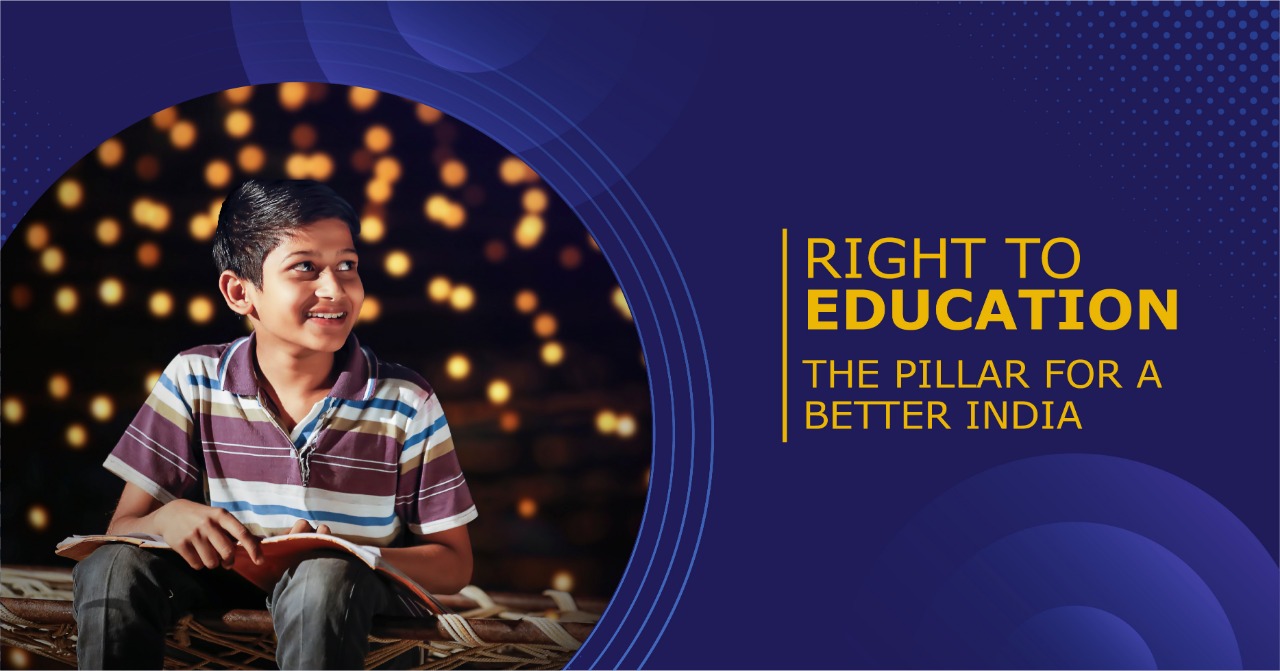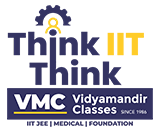RIGHT TO EDUCATION: THE PILLAR FOR A BETTER INDIA
 Posted On
Posted On
682 total views, 1 views today
“Education is a human right with immense power to transform. On it’s foundations rest the cornerstones of Freedom, Democracy and Sustainable Human Development”
: UN Secretary General Kofi Annan
Rights are legal, social or ethical principles for freedom or entitlement, which allows an individual to develop himself or herself to the best possible extent. Rights are often considered fundamental to civilization, for they are regarded as established pillars of society and culture [Source : UNDHR] ..Hence , the concept of rights are integral to the development of any civilization in as much , as they are integral for the human beings to render themselves and their freedom in the society. The adjective of “human” prefixing the 6 lettered word “rights” , emphasizes the implications of the latter all the more that, “Human rights are every human being’s entitlement by virtue of his humanity”(Mother Teresa). According to United Nations Declaration of Human Rights (UNDHR), Human Rights include the right to life and liberty, freedom from slavery and torture, freedom of opinion and expression, the right to work and education and lots. Thus, we can understand how vast and comprehensive the genre of human rights are and naturally for they define “Us” , so they are pivotal to our existence , living, survival and consciousness. Yes and this consciousness can only come through “Education”. Therefore, the Right to Education is a human right and indispensable for the exercise of other human rights.
India is the cradle of human civilization. Our Motherland, from time immemorial bears of results of some path-breaking theories, inventions, discoveries , treatises that have changed the face of the World altogether. And she hosts some memorable legends and educationists , who are and will be worshipped till the world draws to an end. From Vivekananda to Tagore to Vidyasagar to Ambedkar and Dr Kalam, each one of them has delineated the importance of “education” or “man-making” education for a better India to thrive upon relentlessly. And truly , without an “education for all”, a better , happy India can never , ever prosper. Hence, keeping true to the spirit and morale of our Motherland’s legacy and for the upliftment of all , the 86th Amendment to the Constitution of India in 2002, provided Right to Education as a Fundamental Right in part 3 of the Constitution. The same Amendment inserted Article 21A , which made Right to Education, a fundamental Right for children between 6-14 years (September 6 2019)
RIGHT TO EDUCATION
The Right of Children to Free And Compulsory Education Act or Right To Education Act (RTE) is an act of the Parliament of India, enacted on 4th August 2009 . It came into effect from 1st April 2010, and with it, India became one of the 135 countries to make education a fundamental right of every child. Let’s now look into the various provisions of this Right, as delineated in Article 21A:
• It provides free and compulsory education to children aged between 6-14 years.
• Right to Education is guaranteed as a Fundamental Right through this Act as inserted in Article 21A
• It aims to provide free and compulsory education to children till completion of elementary education in a neighbourhood school. “Free” means that no child shall be liable to pay any fees or charges or any kind of expenses, which may prevent him from pursuing and completing his elementary education.
• It facilitates for a non-admitted child to be admitted to an age appropriate class.
• It specifies the duties of the appropriate authorities and the parents in providing free and compulsory education and the sharing of financial and other responsibilities between the central and the state governments
• It lays down the rules related to Pupil teacher ratio, and the standards relating to building, infrastructure and school working days and teacher working hours
• It further provides for the prohibition of deployment of teachers for non-educational work, other than the ones mentioned in the list
• Also, it includes appointments of teachers with prerequisite entry and academic qualifications
• One of the landmark provision of this Act is that it prohibits physical punishment and mental harassment as well as emphasizes on making a child-friendly learning system. It also prohibits capitation fee, private tuitions by teachers etc.
[SOURCE : MINISTRY OF EDUCATION, SHAGUN ONLINE]
IMPLICATIONS
The Right To Education is indeed a step towards achieving inclusive and an education accessible to all. In a developing country like India, where poverty is embedded and affluency a far-sighted cry, the measures of the Act are a boon to the innumerable children for knowledge and learning to bestow upon them. Governments of various states have utilized this Act and have launched various measures for the same, for a smooth flow of learning and education among the less privileged. The successful increase of enrolment in the middle school , no doubt shows that we are emerging gradually , if not eventually towards the rays of infinite knowledge.
However Indian society is tethered with malignancies of all sorts, from poverty stricken, to rigid and obsolete customs to social taboos and gender inequality in cases. These in spaces have hindered the free flow of learning process and inspite of several attempts by the concerned authorities, the desired results aren’t achieved .Though the numbers of droppers have reduced for elementary education, still we have to focus more on quality elementary education…Female education in rural and semi-rural areas are something that still requires the boost from the overall society , for a good conscience to draw upon.
WAY FORWARD
India is a rising power and her strength lies in her children. So, it’s the responsibility of each and everyone of us to facilitate for the smooth implementation of this Act. Education is the only key which can foster women Empowerment, reduce gender differences, and curb our plight to a great extent. We are presently going through one of the deepest crisis of human existence and the Pandemic has nearly altered and faltered our lives to a massive extent. However, thankfully, the only ray of hope is that, while the formal institutions are closed due to all these, education hasn’t stopped . The new mode of Online Learning system has created newer avenues of learnings and the initiative of the authorities for the inclusion of all through this mode, bear to the fact that India is a long way to go for developing and fostering education and the learning process. And hence the responsibility for all of us have increased , for the united awareness and zest of everyone can lead to an inclusive education, thus building truly on the Act.
AN EPILOGUE AND NOT FINALE
Rights or let’s say Human Rights are intrinsic because they lay the true foundation of humanity, and as for the right for education is one without which this foundation of humanity will be devoid of it’s very base. Thus, we have a long way to go to provide quality education for personal empowerment. We are all divided by our personal choices and interests, but let’s be united in this, that Right To Education is the basic need of each and every children of the country in as much as they need food, clothing and shelter.


